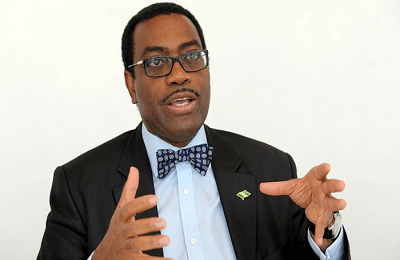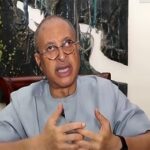ABUJA – Nigeria’s average annual inflation rate is projected to fall to 22.1 percent in 2025, according to the World Bank. This forecast, part of the latest Nigeria Development Update (NDU) report released Monday, suggests the Central Bank of Nigeria’s (CBN) tight monetary policy is effectively anchoring inflation expectations.
Lower Nigeria Inflation 2025 Forecast Explained
The NDU report provides the specifics. “Inflation has remained high and sticky but is expected to fall to an annual average of 22.1% in 2025,” the report states. The World Bank attributes this to “a sustained tight stance [which] firmly establishes monetary policy credibility and dampens inflationary expectations.” This indicates the CBN’s current strategy is expected to reduce price pressures.
Broader Economic Improvements Noted
The inflation forecast aligns with other positive signs in Nigeria’s economy:
- Economic Growth: Nigeria’s economy grew 4.6 percent year-on-year in Q4 2024. This contributed to a 3.4 percent growth for the full year 2024, the strongest performance since 2014 (excluding the post-COVID period).
- Fiscal Deficit Reduction: The nation’s fiscal deficit improved, falling from 5.4 percent of GDP in 2023 to 3.0 percent in 2024. Increased government revenues helped achieve this.
World Bank Highlights Development Opportunity
The improving economic conditions present Nigeria with a “historic opportunity,” according to the World Bank. Taimur Samad, Acting World Bank Country Director for Nigeria, stated, “Nigeria has made impressive strides to restore macroeconomic stability.” He added, “With the improvement in the fiscal situation, Nigeria now has a historic opportunity to improve the quantity and quality of development spending; investing more in human capital, social protection, and infrastructure.”
Role of Private Sector in Sustaining Progress
Maintaining the positive outlook for Nigeria inflation 2025 and overall growth involves the private sector. The World Bank emphasized a private sector-led growth strategy, focusing on:
- Improving infrastructure.
- Increasing access to finance.
- Enhancing competition.
- Reforming productive sectors to support job creation.
Alex Sienaert, World Bank Lead Economist for Nigeria, described the public sector’s role as both “a provider of essential public services… and as an enabler for the private sector to invest, innovate, and grow the economy.”
By Abdullah Korede








